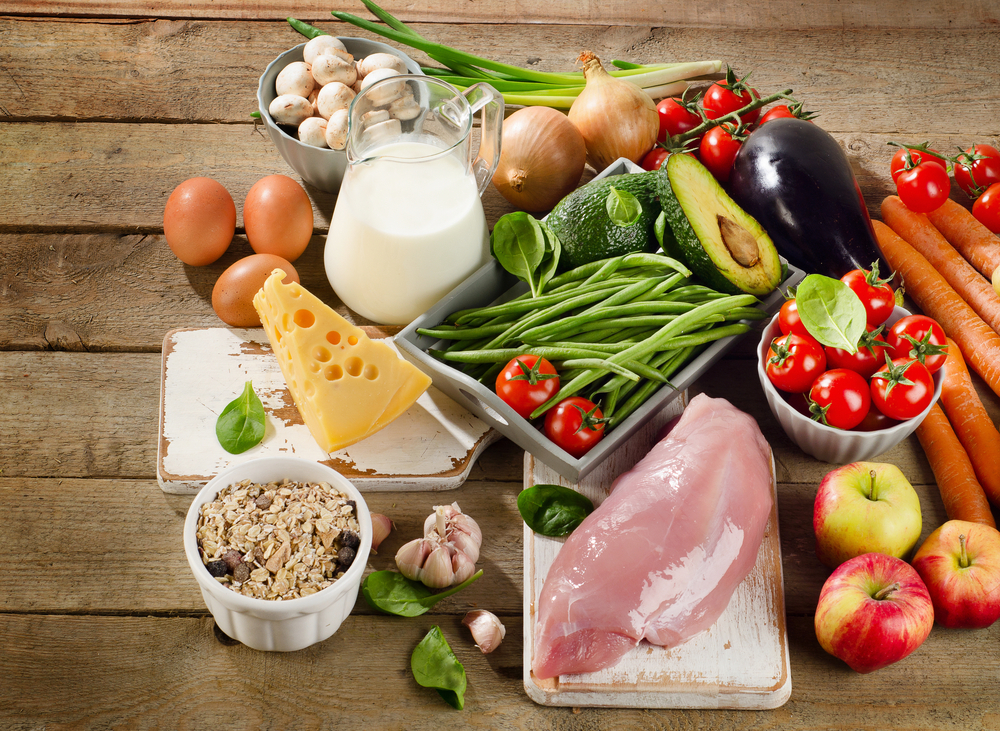The change of season and the rise of the cost-of-living means life may be challenging right now.
Editor Jane Garton shares some lifestyle tips to help you through to winter.
As summer turns to autumn, the months ahead may not seem that rosy. Faced with the rising costs of energy, unaffordable bills, escalating food prices, travel strikes, and long NHS waiting times, many of us are finding life hard to deal with. But there are ways to lessen the burden and brace ourselves mentally and physically so that we are strong enough to stand up to the inevitable challenges the coming months may bring.
It’s time to build up our resilience. Here’s how:
Keep moving

Study after study shows that exercise helps to trigger the release of endorphins – the body’s own feel-good hormones – which will help instill calm, helping to make you feel energized and happier.
And the good news is this doesn’t necessarily mean a high-intensity workout at the gym. Even a daily 30- minute walk around the park will help to shift your mindset and get your blood pumping. Regular exercise also helps boost oxygen circulating around the body helping you to use energy more efficiently, so you are less tired and in turn less likely to feel overwhelmed.
Increase your Vitamin D levels

As the sun drops lower in the sky it becomes harder to get the recommended amount of vitamin D from the sun (vitamin D is produced by the sun’s action on the skin) and it could be time to top up levels.
Foods such as dairy products, oily fish, cod liver oil, milk and eggs contain small amounts but to maintain optimum levels Public Health England recommends that we all take a supplement of at least 10mcg of Vitamin D. Important for all round health, vitamin D is also needed for bones, teeth and muscles as well as immunity and low levels have been implicated in low mood.
Get outside

The colder weather and darker days may bring on a drop in mood especially if you are prone to seasonal affective disorder (SAD). And although you may not feel like it, spending time outdoors close to nature will help to lift the gloom.
Research shows that being outdoors in the fresh air can help boost feelings of vitality by as much as 90 per cent. It can also help dispel anxious thoughts and improve mood and self-esteem. So, dig out your walking boots and head off to your local park for a dose of outdoors!
Sleep well

The benefits of a good night’s sleep for keeping you strong mentally and physically cannot be overestimated. The amount of sleep we need varies from person to person but between seven and eight hours a night is what we should be aiming for say the experts.
If you have trouble dropping off a few lifestyle tweaks such as a warm bath, listening to relaxing music or reading a good book until you feel dozy can all help. But what if the clocks changing at the end of the month tends to disrupt your normal sleep patterns? Try changing your clocks before you turn in and getting up at your normal time rather than trying to compensate for the extra hour suggest the experts.
Meanwhile, the herbal remedies camomile, valerian and passionflower can all help promote good sleep patterns as can a few drops of lavender essential oil on your pillowcase.
Stay connected

Tempting as it may be to hibernate in autumn, especially if you are starting to feel overwhelmed by life, keeping up your social life and staying in regular contact with friends and family is important for boosting mood. Sharing your thoughts and feelings with others can really help to lighten the load.
Eat well

A regular intake throughout the day of carbohydrates found in foods such as porridge, granola and other cereals, wholegrain pasta, and rice, increase the production of the brain chemical serotonin. This in turn allows the amino acid tryptophan to enter the brain, which helps produce feelings of calm and contentment. Turkey is a good source of tryptophan, while other good sources include chicken, tuna, milk, eggs, and yogurt, as well as bananas, figs, and sunflower seeds.
Take advantage also of the wonderful array of root vegetables available right now. Sweet potatoes, carrots, onions, garlic, parsnips, kale, turnips, beetroot, and ginger are all packed with immune-boosting vitamin C and beta-carotene, plus other polyphenols. These plant compounds are loaded with antioxidants which help protect the body from everything life might throw at you.


























